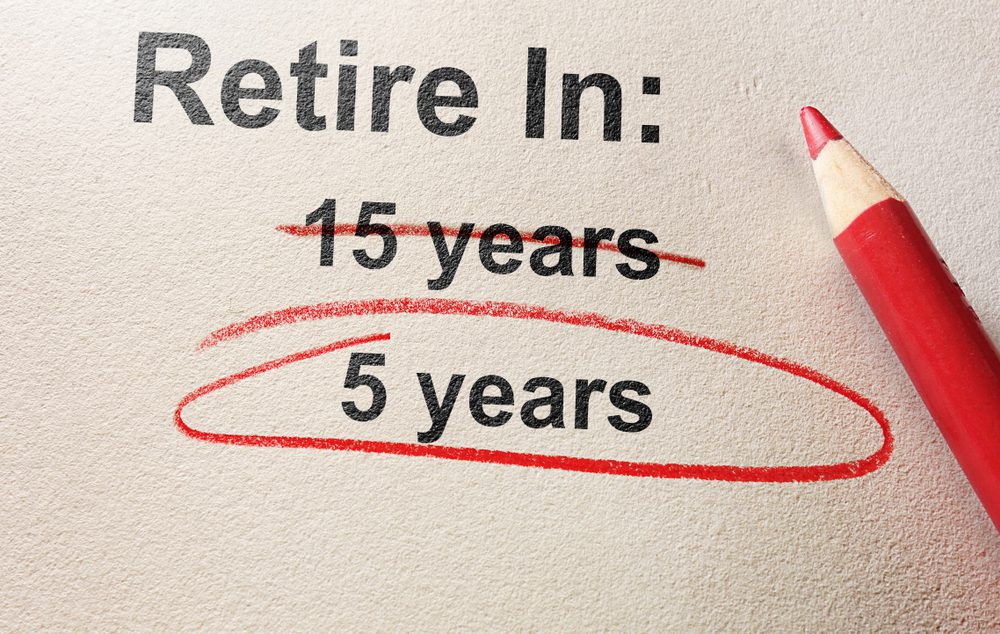
The Financial “Pros”: Unlocking the Benefits of Downsizing
The most compelling reasons for downsizing are often financial. Your home is likely your largest asset, and for decades, you’ve been building wealth within its walls. Downsizing is the process of unlocking that wealth so it can work for you in new ways during your retirement years. Let’s look at the major benefits of downsizing.
Freeing Up Your Home Equity
First, let’s quickly define “home equity.” It’s the difference between what your home is worth on the market and how much you still owe on your mortgage. For example, if your home is valued at $500,000 and you have $50,000 left on your mortgage, you have $450,000 in home equity.
For many retirees who have paid off their mortgage or have a small balance remaining, their home equity represents a substantial nest egg. But while it’s on paper, it’s not cash you can spend. Selling your home converts this “paper wealth” into real cash.
Imagine selling that $500,000 home. After paying off the mortgage and covering selling costs, you might walk away with over $400,000. If you then buy a smaller condo for $250,000, you have $150,000 in cash left over. This new capital can be a game-changer for your retirement plan. You could:
Boost Your Retirement Income: Investing that cash can generate a new stream of income to supplement your Social Security and pension, making your day-to-day life more comfortable.
Create a Healthcare Fund: Earmarking the funds for future medical expenses can provide enormous peace of mind, especially with the rising costs of healthcare and potential long-term care needs.
Pay Off Other Debts: Eliminating high-interest credit card debt or a car loan can immediately improve your monthly cash flow.
Enjoy Your Retirement: The money can also be used for travel, hobbies, or helping grandchildren with their education—the very things many people dream of doing in retirement.
Lowering Monthly Housing Expenses
Beyond the one-time cash infusion, one of the most significant long-term benefits of downsizing is the reduction in your monthly carrying costs. A larger, more valuable home simply costs more to own and operate, even if the mortgage is paid off.
Consider these key areas of savings:
Property Taxes: Property taxes are typically based on a home’s assessed value. Moving from a $500,000 home to a $250,000 home could cut your annual property tax bill in half. In some states, that could mean saving several thousand dollars every single year.
Homeowners Insurance: The cost to insure a home is tied to its replacement value. A smaller, less expensive home costs less to insure, leading to lower annual premiums.
Mortgage Payments: If you still have a mortgage, selling your home allows you to pay it off completely. If you buy your new, smaller home with cash, you eliminate that monthly mortgage payment forever, which could free up hundreds or even thousands of dollars in your budget.
Reducing Maintenance and Utility Costs
The “hidden” costs of owning a large home can be a major drain on a fixed retirement income. These are the expenses that pop up unexpectedly and can strain your budget. Downsizing directly addresses these costs.
Utilities: A smaller space is cheaper to heat in the winter and cool in the summer. Fewer rooms and less square footage mean lower electricity, gas, and water bills month after month. These small savings add up to a significant amount over the course of a year.
Maintenance and Repairs: Every homeowner knows the rule: if something can break, it will. A larger home has more that can break. It has a bigger roof that will eventually need replacing, more windows, a larger HVAC system, and more plumbing. A smaller, newer home, or a condo where the exterior is managed by an association, dramatically reduces the risk of a sudden, five-figure repair bill.
Yard Work: The cost of maintaining a large yard—whether you do it yourself or hire a service—can be substantial. Downsizing to a home with a small patio or a condo with no private yard at all eliminates expenses for lawnmowers, fertilizer, landscaping services, and water for irrigation.
Simplifying Your Financial Life
Finally, there’s an unquantifiable but very real benefit: simplicity. Managing a large property requires time and energy. As we get older, we may find that our priorities shift. We’d rather spend our time with family, on hobbies, or traveling, not coordinating with roofers or spending weekends on home repairs.
Downsizing streamlines your responsibilities. Fewer bills to pay, fewer accounts to manage, and fewer maintenance tasks on your to-do list can reduce stress and free up mental energy for the things you truly enjoy. This simplification is one of the most celebrated benefits of downsizing reported by retirees who have made the move.









